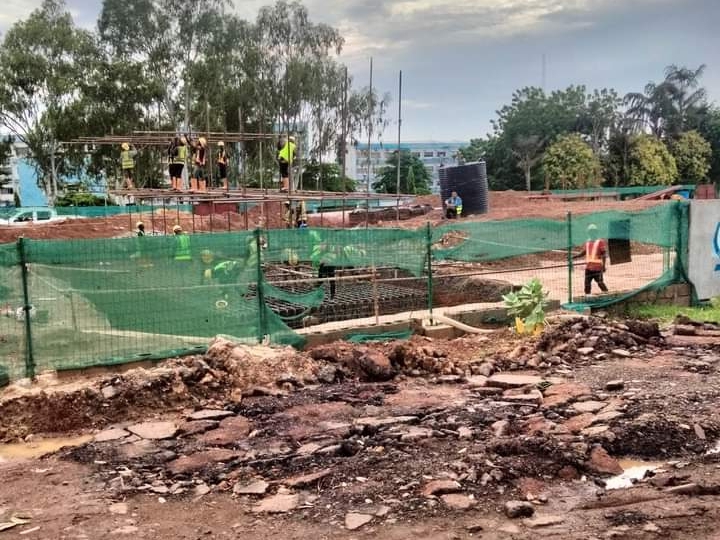
Despite Harsh Working Conditions, Chinese Construction Company Pays Nigerian Workers N1,250 As Daily Wage
Casual workers also known as labourers employed by the China Civil Engineering Construction Corporation (CCECC) in Minna, Niger State, have raised concerns over what they described as inadequate payment and unfavourable working conditions while working on road construction projects in the capital city.
According to several workers who spoke on condition of anonymity, they are paid a daily wage of N1,250, equivalent to N125 per hour. However, this wage, they claim, barely covers their daily expenses, including meals and transportation to and from work.
“We receive N1,250 per day, but after spending N600 on transportation and another N600 on meals, there’s little left to support our families,” lamented one worker. “It’s as if we are working just to survive day-to-day.”
The workers also expressed frustration at the deductions imposed by CCECC management.
“If we arrive late, they deduct N100 from our already meagre pay,” explained another worker. “And despite the agreed hours of 9 am to 6 pm, we often end up working until 6:30 pm without any additional compensation.”
The harsh working conditions and low pay have taken a toll on the morale among the workers.
“We’re not even given a risk allowance, despite the dangers we face on the job,” said a labourer. “I’m only doing this because I have no other choice in Nigeria’s tough economic situation. But the stress and the conditions are unbearable.”
Efforts made by SaharaReporters to get CCECC management through the company mobile phone number displayed on its website were unsuccessful.
In March 2024, it was reported that Nigeria had secured $1.3 billion in funding to complete a railway project connecting Kano, the largest city in the north, to Maradi in neighbouring Niger.
The transport ministry in a statement said funding would come from a consortium led by the CCECC, which would contribute 85% of the total.
The remaining 15% will be covered by the Nigerian government alongside institutions like the Africa Export-Import Bank and African Development Bank.
“The securing of $1.3 billion signifies a monumental step forward in the completion of this critical infrastructure,” transport ministry spokesperson Jamilu Ja’afaru said.
The railway line aims to enhance economic and cultural exchange by strengthening the existing bonds between the two nations, thereby fostering increased trade and cooperation in various fields.







